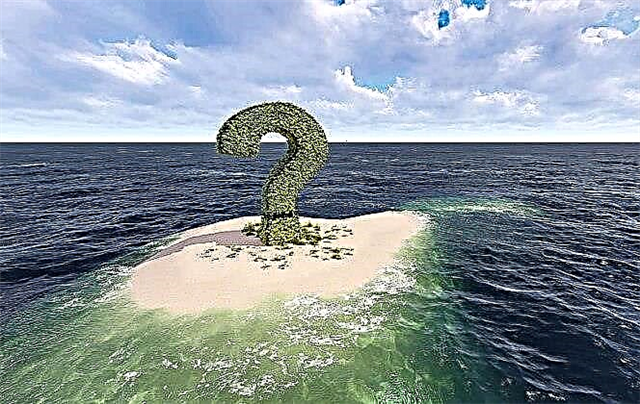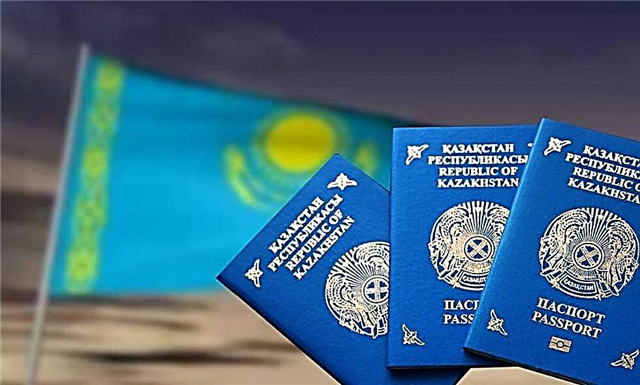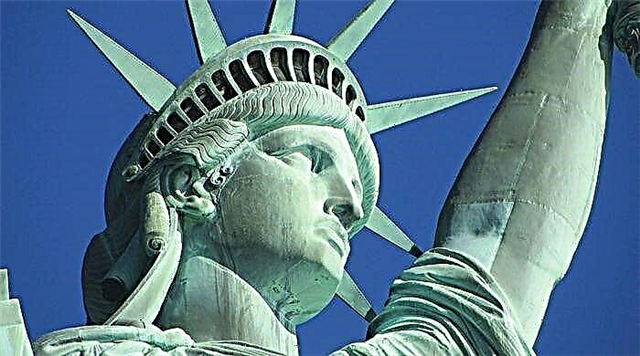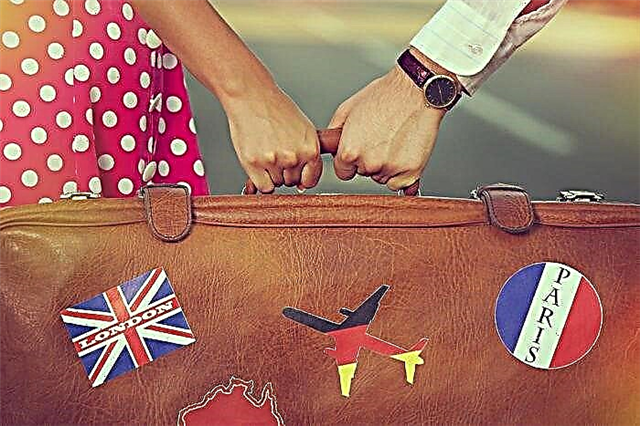When the borders of states will be opened after the pandemic is still unknown. But Turkey, Israel, Bulgaria, Portugal are already preparing for the opening of the summer season, and Italy and Spain have decided not to open their borders yet in order to take care of the health of citizens.
However, after the pandemic, all foreign tourists wishing to visit another country will need to have a "Health Passport", or "Immune Passport" - a document confirming that a person is not sick with coronavirus.

For a visa - with a test
Testing will take place in the citizen's home country, in a medical facility, where, after a negative result for Covid-19, the traveler will be provided with a certificate of this. After a certificate, a person will be able to apply for a visa or, if he already has all the documents, immediately go on a trip.
For the first time, the introduction of an "immune passport" at the legal level was proposed by the Schengen expert Granit Sadik, but the EU representatives did not give official comments on this matter.
Where will the help be given
In Russia, not all cities can be tested for Covid-19 and not in budgetary structures, but only in private laboratories. The result will be known after three to five days.
As an experiment in the UAE in early April, all passengers of the Dubai-Tunisia flight were tested for express tests. The whole procedure took only 10 minutes. The initiator of the action was Adel Al Redha and said that this would be done in other directions as well.
Document is not a guarantee
Experts also focus on the fact that even after a negative test result, there is no guarantee that a tourist will not contract an infection in a taxi, public transport, in a recreation area or in other public places.
Also, immune passports about the presence of antibodies to coronavirus cannot serve as a pass, because it has not yet been scientifically proven that a person will not get sick again after a disease.
Numerous restrictions during flights
According to forecasts, after the pandemic, numerous changes will be introduced in registration and air travel:
- Registration will take place one day in advance, exclusively online. In the questionnaire, the passenger will need to provide all relevant documents, including a "health" passport. You should have personal protective equipment with you.
- The passenger must arrive at the airport 4 hours before departure in order to have his temperature measured, sanitized and disinfected luggage, and the citizen also undergoes tomography. The procedure takes about an hour, and if all indicators are normal, then after a while the traveler gets on board the plane.
- On board, masked and gloved flight attendants will hand out disinfectant wipes, and flight logs, water and food for passengers will be canceled.
- The aircraft will continue to adhere to the strict distance rule: only 70 percent of the seats on the aircraft will be available for the safety of passengers (middle seats cannot be occupied). The first to adhere to this rule were the airlines of Thailand.
And Italian designers dealing with aircraft interiors have proposed two seating patterns:
- “Janus” - turn the middle seats in the opposite direction and divide the passengers with partitions made of transparent material;
- "Cap" over each seat.
- Upon arrival, the passenger's temperature is again measured and the health passport is checked, the baggage is re-disinfected.
Distance barriers
Different countries have decided to provide social distancing on beaches with various barriers:
- In Spain, using cones and ropes. And they propose to introduce Covid Free recreation areas (no risk of infection);
- Plexiglass cabins and hedges may appear in Italy;
- In Turkey, instead of the usual all-inclusive service, they will introduce a la carte service.
Service Predictions
According to experts, flights and tourist services will rise in price, because due to the pandemic, the service sector has lost many customers, and preventive sanitation and disinfection measures require significant financial costs.
However, until the states open their borders, all forecasts remain vague.











